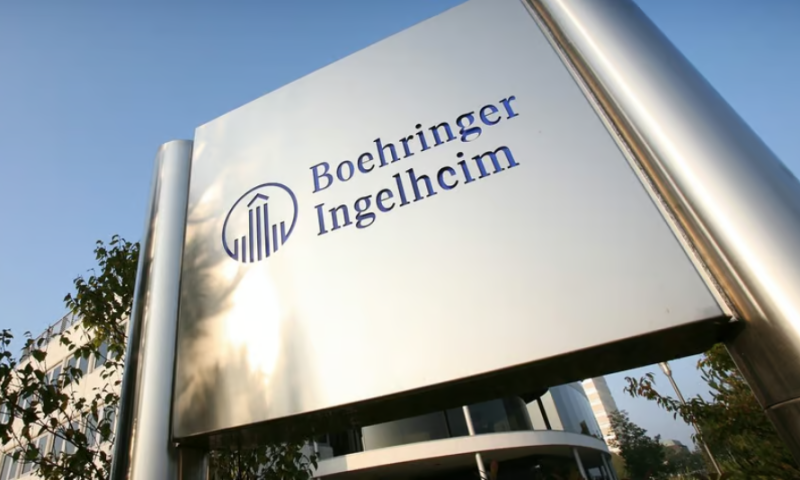Boehringer Ingelheim has teased the obesity data that emboldened it to start gearing up for phase 3. Recipients of the Zealand Pharma-partnered prospect lost up to 14.9% of their weight after 46 weeks, but the data released so far make it hard to say how Boehringer compares to Eli Lilly and Novo Nordisk.
The midphase clinical trial randomized 387 people with a body mass index of 27 or higher, but without diabetes, to take subcutaneous doses of the glucagon/GLP-1 receptor dual agonist BI 456906 or placebo once a week. After 46 weeks, recipients of the investigational drug experienced up to 14.9% weight loss using the planned maintenance dose.
For now, that is all we know about the clinical trial data. Boehringer said it has “an analysis of the actual maintenance dose indicating even greater weight loss,” but it is holding off on sharing that information and other aspects of the data set until the American Diabetes Association’s 83rd Scientific Sessions next month.
The scant clinical data released ahead of the event leave unanswered questions about how BI 456906 is positioned in a competitive space. Novo Nordisk has made the early running in the obesity market, and Lilly has reported deep declines in the weight of recipients of Mounjaro. Altimmune is working on a drug candidate, too, although its midphase data recently disappointed investors.
Lilly’s Mounjaro caused a bigger reduction in weight loss at 48 weeks, the closest comparable time point to the Boehringer study, in a phase 3 trial of patients without diabetes. But the lack of information on key aspects of the BI 456906 data set, such as the placebo results, mean the risky task of comparing data from different trials is particularly prone to delivering a misleading conclusion.
The lack of safety and tolerability data on BI 456906 is another barrier to the evaluation of its prospects. Many recipients of rival GLP-1/glucagon agonists experience gastrointestinal side effects—half of people in one arm of the midphase Altimmune study suffered nausea—but Boehringer is yet to present safety and tolerability data on its prospect.
In the absence of data, Boehringer’s actions provide a pointer. The German drugmaker began talking to authorities about starting a phase 3 trial earlier this year, its partner Zealand revealed in March. Zealand CEO Adam Steensberg, M.D., who at the time hadn’t seen the obesity data, said his team sensed “a lot of confidence in the program and also confidence towards the opportunity to move towards phase 3.”

